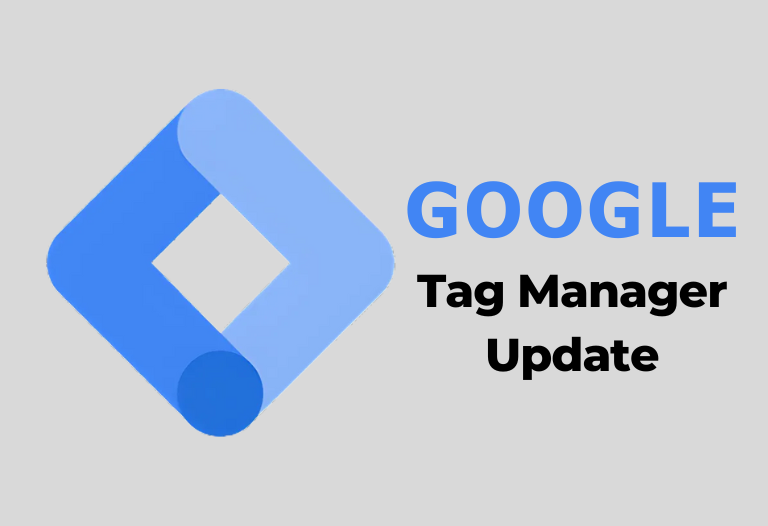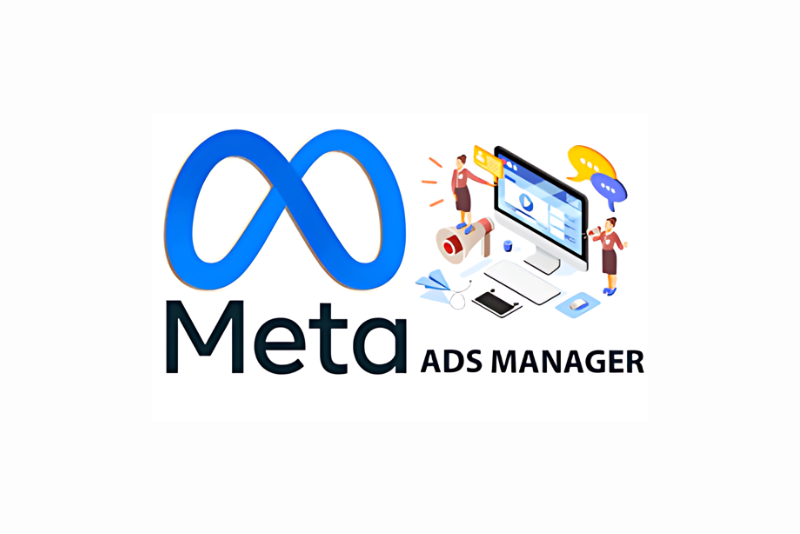
Artificial Intelligence: A Major Player in Content Revitalization
In an ever-changing and highly competitive digital market, businesses need to maintain their blog material current and relevant. Search engines prioritize recent information so that users receive rapid, accurate results to their queries. Ensuring content increases its worth to readers but also communicates to search engines that the information deserves to be ranked higher.
To achieve this goal, businesses can now employ artificial intelligence (AI) to update their previous blog entries. It will help identify obsolete information, add relevant keywords, and make improvements.
This strategy assists businesses in maintaining an online presence to attract more organic visitors, thus resulting in increased engagement and conversion.
Streamlining Content Audits Using AI
Traditional content audits can require substantial time and effort to browse through large collections of blog entries. However, AI solutions are quickly becoming vital in assisting organizations in identifying outdated material, recommending appropriate improvements, and identifying places where user interest may have declined. This allows organizations to focus on creating engaging story lines while AI accelerates the content assessment process. Using AI in content audits saves time and money while ensuring consistent, accurate content performance analysis. As a result, organizations may quickly identify areas for improvement and implement specific initiatives to optimize their content efficiently and effectively.
Combining AI-powered insights with human expertise
AI-powered solutions have several advantages, including the capacity to analyze keyword trends, discover broken links, assess reader sentiment, and highlight related high-performance material as references. Though AI may give useful data-driven insights, decision-making should ultimately be left to experts with contextual knowledge and specialized skills.
Specialists are integrating Artificial Intelligence into their decision-making process to make more informed decisions. This approach has resulted in more efficient content strategies and better audience engagement.
Improving Content Quality and Relevance with AI Integration
Incorporating AI into the content update process enables businesses to improve the quality and relevancy of their blog entries, ensuring they continue to be useful resources for readers.
Additionally, AI-powered technologies can analyze massive amounts of data, identify patterns, and match content with users’ ever-changing interests and preferences. This leads to more user interaction, and higher search engine rankings, which brings more organic traffic to the businesses’ websites.
Frequently Asked Questions
-
Why is it so vital to keep blog material fresh and relevant?
Keeping blog content current and relevant is critical in today’s digital market, as it provides consumers with accurate and timely information while signaling to search engines that the material merits a better rating. This helps to keep a strong online presence, attract organic traffic, and boost engagement and conversions.
-
How can artificial intelligence simplify content audits?
AI technologies allow businesses to find old information, recommend relevant updates, and identify regions of low user engagement more quickly and precisely than traditional methods. This saves time and money by ensuring consistent content performance analysis, allowing organizations to optimize content more efficiently and effectively.
-
How does human knowledge fit into AI-powered content strategies?
Though AI gives useful data-driven insights, the final choice is made by experts with contextual knowledge and specialized skills. Achieving a balance between AI-powered analytics and human intuition is critical for long-term content production and management success.
-
How can AI improve outdated content?
AI assists organizations in revitalizing old material by identifying outdated information, recommending upgrades, fixing broken links, modifying calls-to-action, and updating headlines and metadata. This enhances the user experience by providing relevant, up-to-date information that increases SEO ranks and delivers organic traffic to websites.




 January 31, 2024
January 31, 2024









